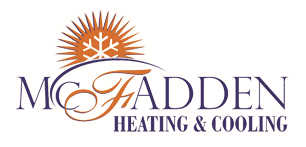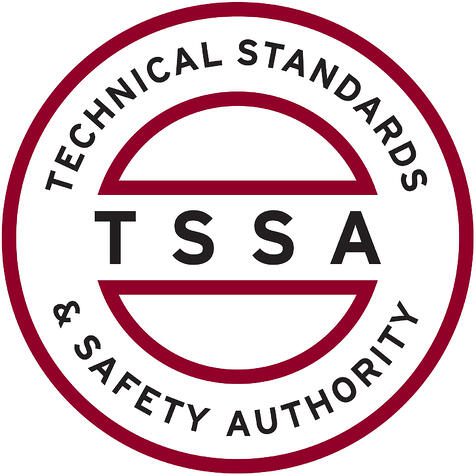
We spend a good majority of our time inside. As a matter of fact, the Environmental Protection Agency (EPA) has approximated being inside makes up 90% of our time. Having said that, the EPA also has found your indoor air can be three to five times more polluted than outside your home.
That’s due to the fact our homes are securely sealed to enhance energy efficiency. While this is good for your heating and cooling bills, it’s not so great if you’re amid the 40% of the population with respiratory allergies.
When outside ventilation is limited, pollutants like dust and volatile organic compounds (VOCs) might get captured. As a result, these pollutants could irritate your allergies.
You can improve your indoor air quality with fresh air and regular cleaning and vacuuming. But if you’re still struggling with symptoms when you’re at your residence, an air purifier might be able to provide relief.
While it can’t eliminate pollutants that have gotten trapped in your couch or carpeting, it can help purify the air circulating across your residence.
And air purification has also been scientifically verified to help lower some allergic symptoms, according to the American College of Allergy, Asthma and Immunology. It might also be useful if you or a loved one has lung issues, like emphysema or COPD.
There are two kinds, a portable air purifier or a whole-home air purifier. We’ll discuss the differences so you can determine what’s correct for your house.
Whole-House Air Purifier vs. Portable Air Purifiers
A portable air purifier is for a single room. A whole-house air purifier works with your HVAC system to clean your full home. Some kinds can purify on their own when your HVAC unit isn’t operating.
What’s the Best Air Purifier for Allergies?
Look for a model with a High Efficiency Particulate Air (HEPA) filter. HEPA filters are installed in hospitals and provide the most comprehensive filtration you can get, as they eliminate 99.97% of particles in the air.
HEPA filters are even more powerful when combined with an ultraviolet (UV) germicidal light. This dynamic mixture can eliminate dust, dander, pollen and mold, all of which are general allergens. For the ultimate in air purification, consider a unit that also has a carbon-based filter to eliminate household smells.
Avoid buying an air purifier that creates ozone, which is the main component in smog. The EPA warns ozone could aggravate respiratory issues, even when emitted at minor settings.
The Allergy and Asthma Foundation of America has compiled a checklist of questions to consider when buying an air purifier.
- What can this purifier take out from the air? What doesn’t it take out?
- What’s its clean air delivery rate? (A bigger number means air will be purified more quickly.)
- How regularly does the filter or UV bulb need to be changed]? Can I complete that on my own?
- How much do new filters or bulbs cost?
How to Reduce Seasonal Allergy Symptoms
Want to get the {top|most excellent|best] results from your new air purification equipment? The Mayo Clinic suggests doing other measures to decrease your exposure to things that can trigger seasonal allergies.
- Stay inside and keep windows and doors closed when pollen counts are heightened.
- Have other household members mow the lawn or pull weeds, since these tasks can aggravate symptoms. If you must do these chores on your own, you might want to consider trying a pollen mask. You should also bathe immediately and change your clothes once you’re done.
- Avoid stringing up laundry outside.
- Turn on your air conditioner while at home or while driving. Consider installing a high efficiency air filter in your residence’s home comfort unit.
- Balance your residence’s humidity levels with a whole-house dehumidifier.
- Hardwood, tile or linoleum are the ideal flooring materials for decreasing indoor allergens. If your residence has carpet, use a HEPA filter on your vacuum cleaner.
Let Our Pros Handle Your Indoor Air Quality Necessities
Want to take the next step with getting a whole-house air purifier? Give our professionals a call at 519-683-2339 or contact us online to request an appointment. We’ll help you locate the right equipment for your home and budget.




